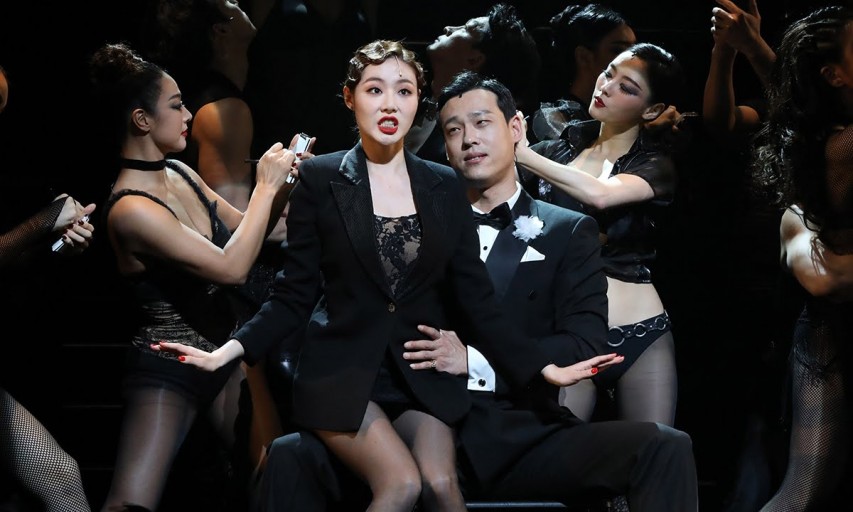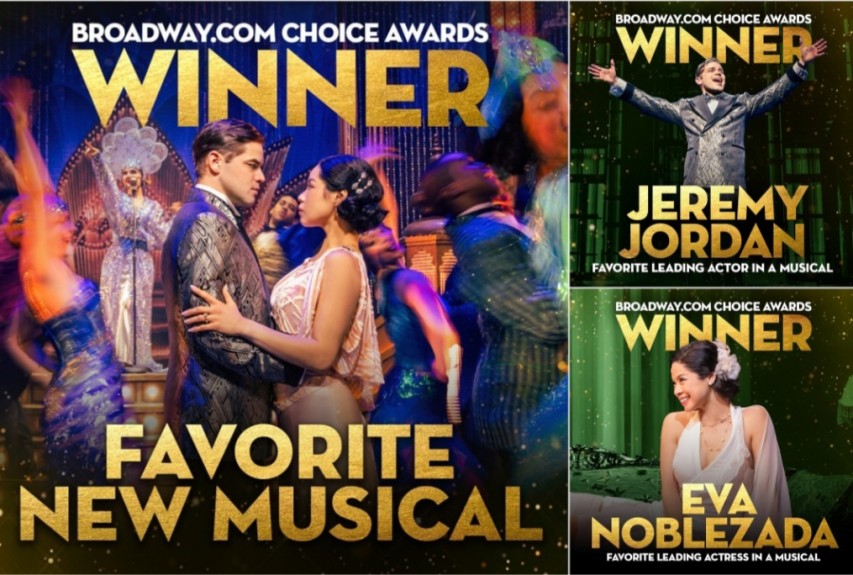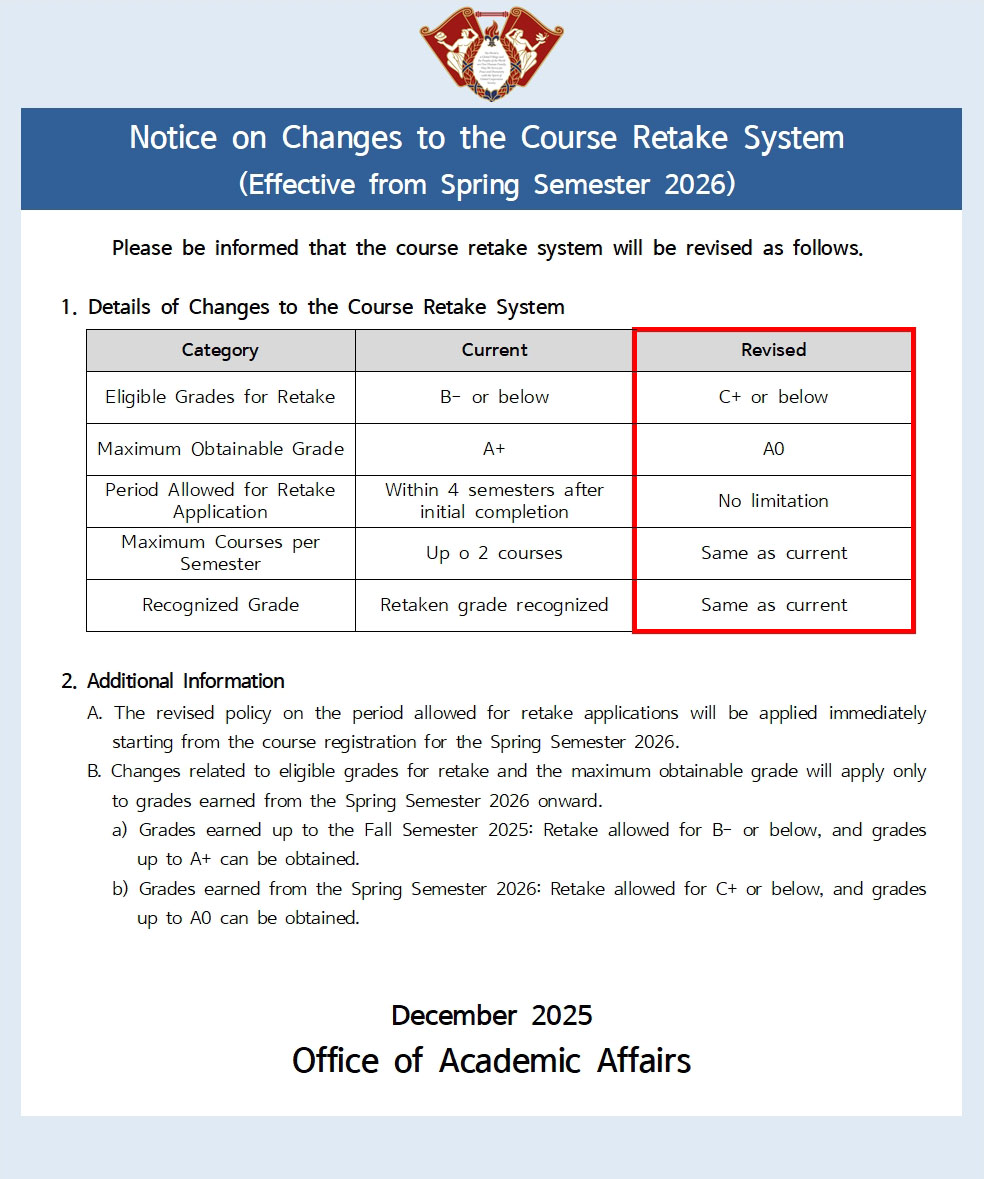[Culture] The Rise of Musicals in KoreaThe Rise of Musicals in Korea: Trends and Challenges
Musicals are becoming increasingly popular among younger generations. According to the Korea Performing Arts Box Office Information System (KOPIS), domestic musical ticket sales have surpassed 170 billion won, reflecting a 5.7% increase compared to the same period last year. Popular performances like
“Kinky Boots”, “Chicago”, and “Aladdin” are drawing strong interest from young audiences, leading to intense competition for reservations and ticket sales.
The Reasons Behind the Musical Boom
One key factor driving the popularity of musicals among young people is the widespread sharing of short-form videos on social media. Clips featuring humorous moments or musical numbers, which are individual songs, resonate with audiences and quickly gain popularity. Professor Lee Grace from the Dept. of Theater & Film at Kyung Hee University noted that, “Briefly edited musical videos in various media resonate well with the general public, boosting their appeal.” This trend began with “Bare the Musical” and expanded with viral song like the “Muk-jji-ppa Zero” from “Rita” and the puppet show scene from “Chicago”.
Photo: Segye Ilbo (Segye.com)
Parodies of these scenes have further fueled their popularity. A notable example is “Land of Lola” from “Kinky Boots”, which gained renewed attention after comedian Lee Changho uploaded a parody video. His imitation led to a surge in views of the original performance.

Parody scene of “Land of Lola”
Photo: Bbangsongguk YouTube (youtube.com/@bbangsongguk)
Another contributing factor is the increasing number of solo theatergoers. While performing arts have traditionally been attended in pairs or groups, a growing number of young people now prefer watching musicals alone. This shift aligns with the younger generations’ preference for focused, immersive experiences. According to KOPIS, the proportion of solo viewers for original, licensed, and touring musicals rose from 39% in 2018 to 43.2% in 2020.
Changes in Performance and Marketing
As musicals attract more audiences in their 20s and 30s, industry players are introducing new formats and marketing strategies to enhance their appeal. One such innovation is musical pubs, where audiences can enjoy a meal while watching a performance. These settings provide a more relaxed, interactive experience, allowing audiences to engage with actors in an informal atmosphere. Prof. Lee explained that this concept, already well established as dinner theater in the U.S., has been reimagined for Millennials and Generation Z in Korea.
Beyond the stage, musical actors are also gaining greater public recognition through television programs and advertisements, reinforcing the industry’s influence. For instance, musical actor Choi Jae-rim recently appeared in a Subway commercial, demonstrating the growing appeal of musical performers beyond the stage. Meanwhile, social media has amplified the spread of parody content, strengthening marketing strategies and elevating the visibility of musicals in mainstream culture.
Additionally, a variety of musical-themed events have emerged. A pop-up event for “Aladdin” at The Hyundai Seoul garnered significant attention, reflecting younger audiences’ preference for immersive, interactive experiences. These developments have positioned musicals as a key trend in public culture, extending beyond the stage into daily life.
Challenges Facing the Musical Industry
Despite the industry’s rapid growth, it faces several challenges. One ongoing issue is star casting, where well-known actors are given lead roles primarily for commercial appeal. This strategy ensures ticket sales and investment security for production companies, but it also creates barriers for lessknown or newly graduated actors trying to enter the field. The so-called crowding effect— where fan bases for specific musical stars heavily influence casting choices—has made it increasingly difficult for emerging actors to secure roles, even in smaller productions. Prof. Lee acknowledged this issue, stating that since it is difficult to overcome, it is essential for actors to continue refining their skills and competitiveness.
On the other hand, the term “gwanck” refers to audience disruptions, such as talking, using phones, or taking photos during a performance. These behaviors are often observed among newer attendees, while longtime theatergoers express discomfort over them. Prof. Lee emphasized the need for mutual understanding, suggesting that new audiences review performances beforehand to enhance their appreciation, while longtime theatergoers adopt a more inclusive attitude. She also noted that resolving these issues will require continuous public dialogue.
Stems from gwanck, the new audience etiquette “corpselike watching”, which means remaining completely still and silence, rose as a new challenge. Initially coined as a critique, it has now become a widely accepted norm in musical theater etiquette. However, some newer audiences feel pressured by these strict rules, where even the slightest noise is discouraged.
With the growing popularity of musicals among young audiences, the Korean musical industry is experiencing a major breakthrough. The rise of social media-driven trends and the increasing number of solo theatergoers have contributed to this expansion. However, challenges such as star casting issues and audience conflicts have also become more pronounced. Public attention and ongoing dialogue will be essential in addressing these concerns.
South Korea’s musical market now ranks fourth in the world—an impressive achievement given the country’s relatively small population. Additionally, Korean original musicals like “Frankenstein” and “Werther” have gained widespread popularity. Most notably, “The Great Gatsby” recently won the Costume Award at the Tony Awards, further elevating Korea’s presence in global musical theater. With its endless potential, the Korean musical industry is poised to continue expanding on the international stage.
Photo: OD COMPANY (odmusical.com)
There are no registered comments.
I agree to the collection of personal information. [view]




